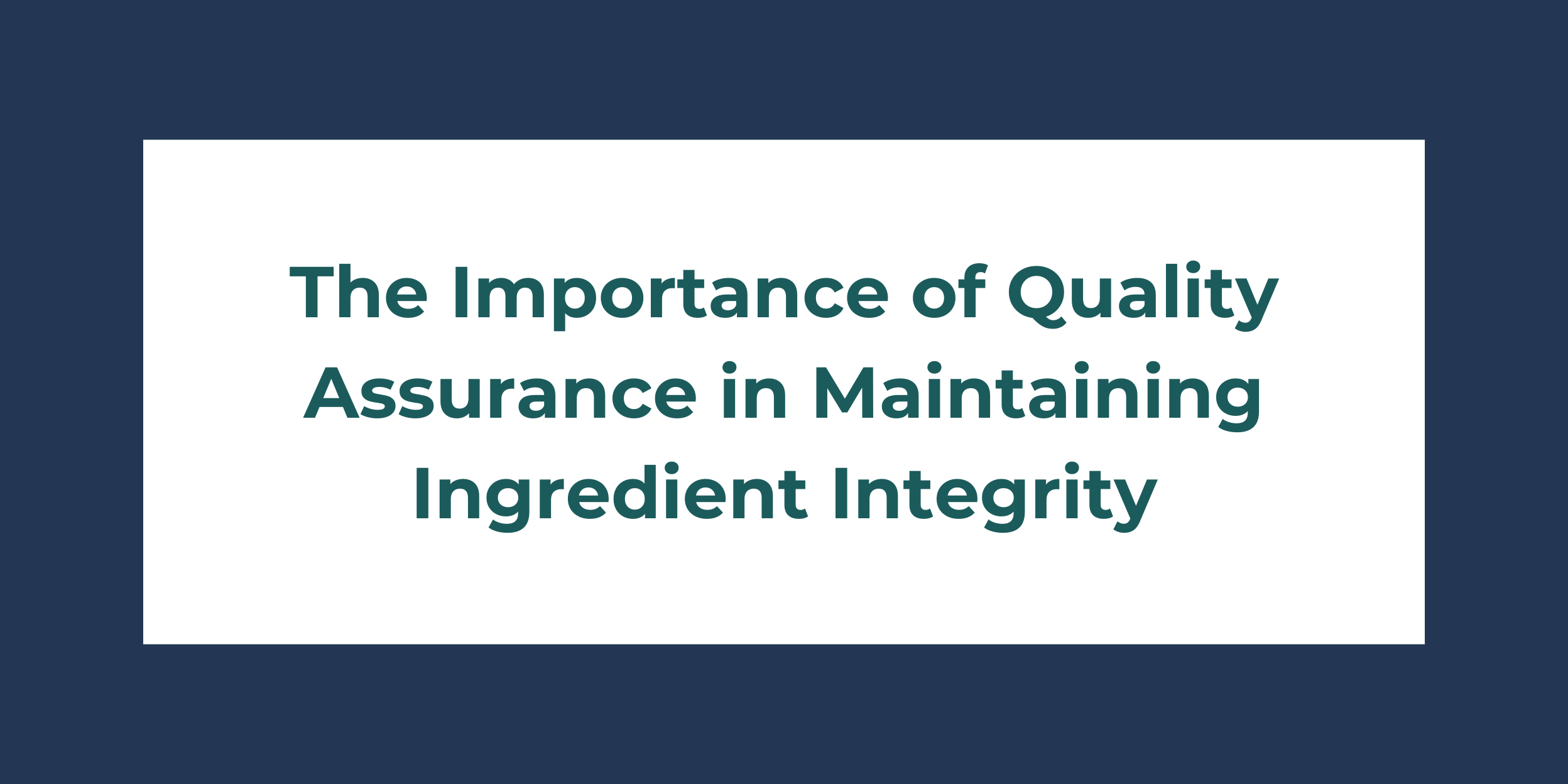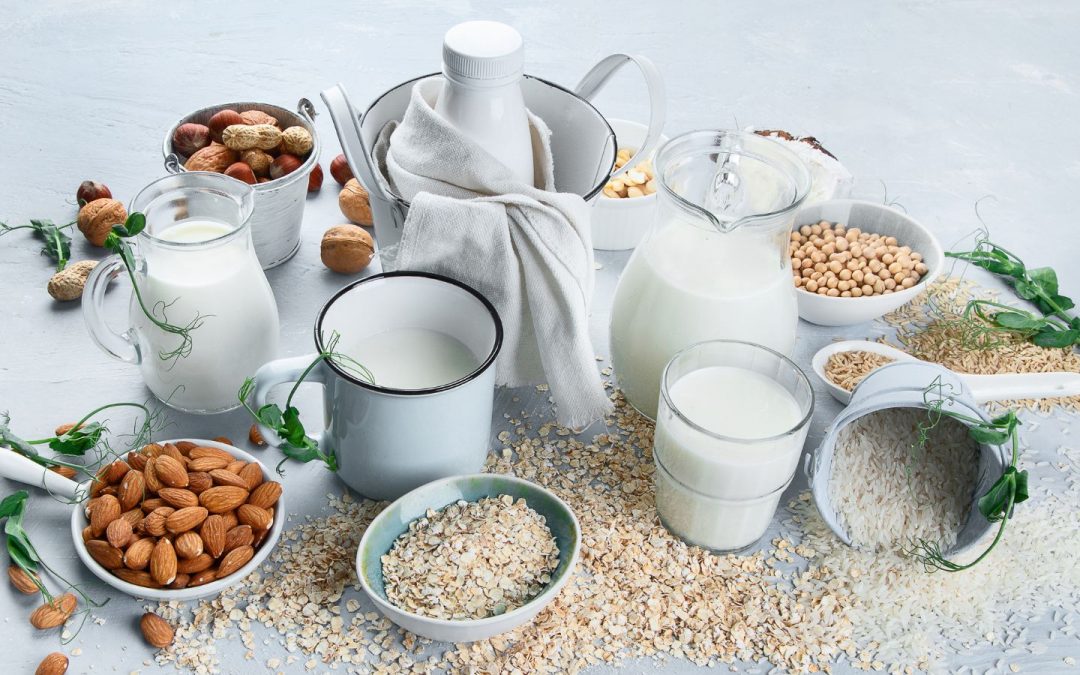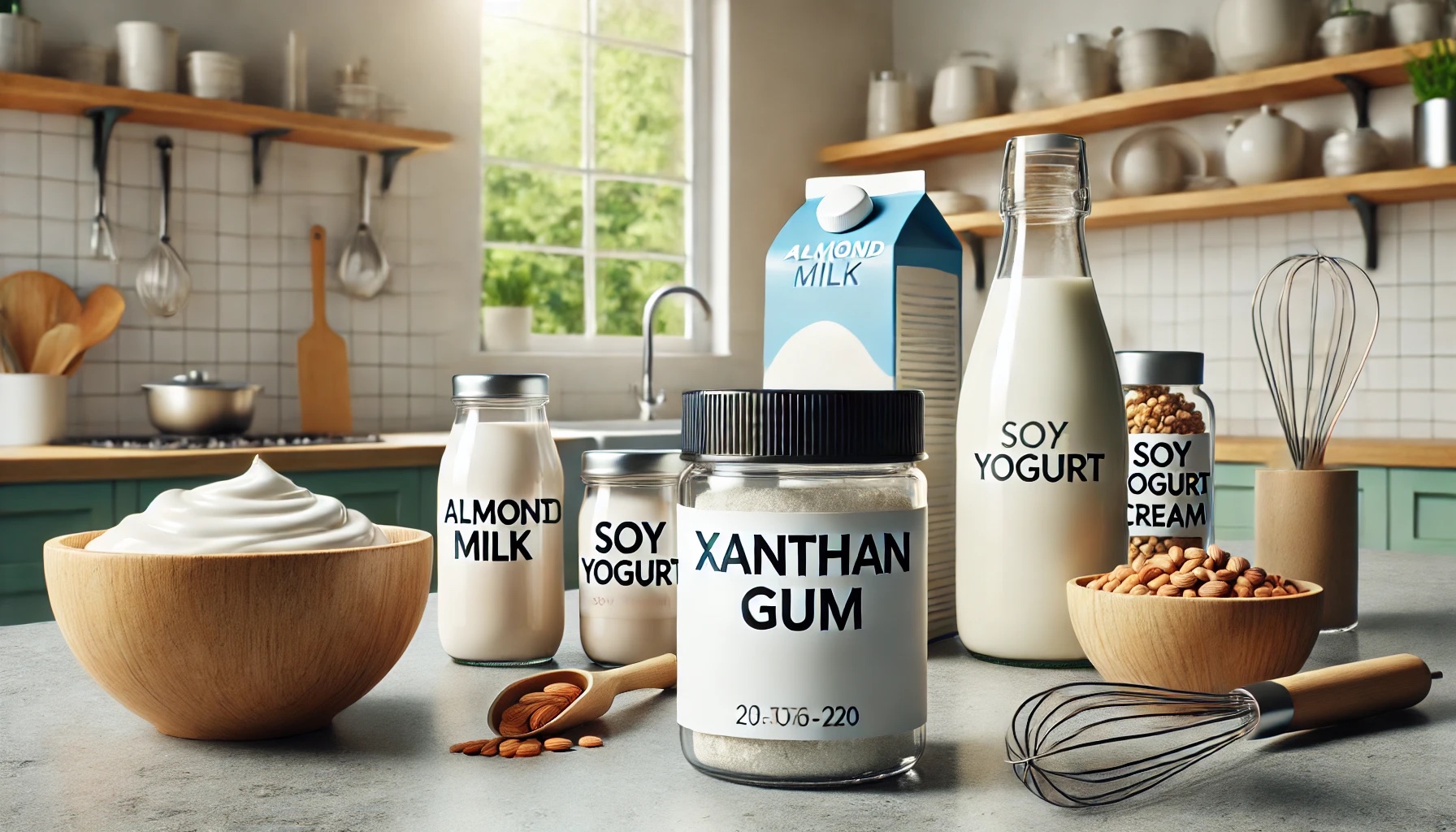In the competitive world of the food industry, ingredient integrity is an extremely important differentiator.
Consumers are more discerning than ever, seeking products that are not only delicious but also safe and trustworthy.
Quality Assurance (QA) plays a critical role in maintaining ingredient integrity, ensuring that every product meets high standards of safety, quality, and compliance.
This blog will delve into the significance of QA, its processes, and the benefits it brings to the food industry.
Introduction
Consumer Expectations and Ingredient Integrity
- Rising Consumer Awareness: Consumers are increasingly aware of the quality and origins of the ingredients in their food.
- Demand for Transparency: There is a growing demand for transparency and integrity in food production.
What is Quality Assurance?
Defining Quality Assurance
- QA Overview: Quality Assurance refers to systematic activities implemented in a quality system to ensure that quality requirements for a product are fulfilled.
- Proactive Approach: Unlike Quality Control (QC), which is reactive, QA is proactive, focusing on preventing defects and ensuring quality from the outset.
The Role of QA in Ingredient Integrity
Ensuring Purity and Safety
- Contaminant-Free Ingredients: QA processes ensure that ingredients are free from contaminants such as pesticides, heavy metals, and microbiological hazards.
- Compliance with Standards: Ensuring that all ingredients meet regulatory and safety standards.
Authenticity and Traceability
- Preventing Adulteration: QA measures help in preventing ingredient adulteration and ensuring authenticity.
- Traceability Systems: Implementing robust traceability systems to track ingredients from source to finished product.
QA Processes for Maintaining Ingredient Integrity
Supplier Selection and Management
- Choosing Reliable Suppliers: Rigorous vetting and selection of suppliers to ensure they adhere to quality standards.
- Supplier Audits: Conducting regular audits and assessments of suppliers to ensure ongoing compliance.
Raw Material Testing
- Initial Screening: Comprehensive testing of raw materials upon receipt to verify their quality and safety.
- Ongoing Surveillance: Regular monitoring and testing throughout the production process.
In-Process QA
- Real-Time Monitoring: Implementing real-time monitoring systems to ensure quality is maintained during production.
- Process Control: Establishing control points throughout the production process to detect and correct any deviations.
Advanced QA Techniques
Analytical Testing
- Sophisticated Methods: Utilizing advanced analytical techniques such as chromatography, mass spectrometry, and spectroscopy to detect contaminants and ensure purity.
- Microbiological Testing: Conducting microbiological tests to ensure the absence of harmful bacteria, yeasts, and molds.
Digital QA Systems
- Blockchain for Traceability: Using blockchain technology to enhance traceability and ensure the integrity of the supply chain.
- Automated QA Systems: Implementing automated QA systems for real-time data collection and analysis.
Challenges in QA for Ingredient Integrity
Natural Variability
- Inherent Variability: Addressing the natural variability in raw materials due to factors like climate and soil conditions.
- Standardization: Implementing strategies to achieve as much standardization as possible.
Managing Contamination Risks
- Environmental Contaminants: Mitigating the risk of contamination from environmental sources.
- Cross-Contamination: Preventing cross-contamination during processing and handling.
The Benefits of Robust QA Systems
Enhanced Safety and Quality
- Consumer Safety: Ensuring that products are safe for consumption and meet high-quality standards.
- Reduced Recalls: Minimizing the risk of product recalls due to quality issues.
Building Trust and Loyalty
- Consumer Confidence: Providing consumers with assurance about the safety and quality of the ingredients in their food.
- Brand Reputation: Enhancing brand reputation by consistently delivering high-quality products.
Conclusion
Quality Assurance is essential in maintaining ingredient integrity, ensuring that food products are safe, authentic, and of the highest quality.
By implementing rigorous QA processes, food manufacturers can prevent contamination, ensure compliance with regulatory standards, and build consumer trust.
Advanced QA techniques, such as sophisticated analytical testing and digital traceability systems, further enhance the ability to maintain ingredient integrity.
In a market where consumers demand transparency and quality, a robust QA system is not just beneficial but indispensable.
Ensuring ingredient integrity through effective QA practices ultimately leads to safer, higher-quality products and fosters lasting consumer loyalty and trust.








